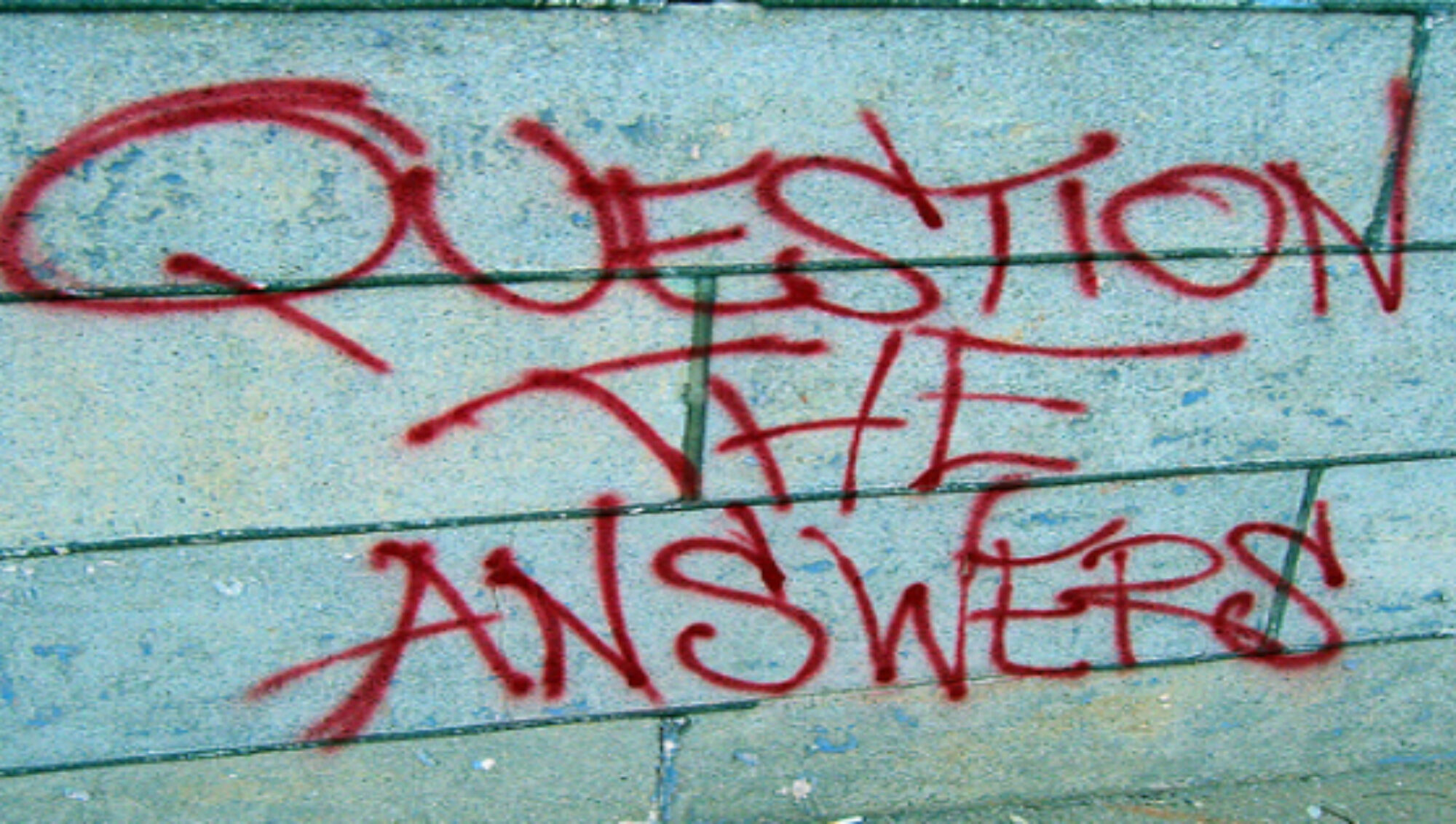
Let me be clear at the outset – I am in no way calling for, longing for, instigating for, or in any way recommending, the death of Tom Hanks. How could anyone wish that on Hanks? He is a beloved figure in this country. He is our everyman, transcending social and political differences. And it is precisely this distillation of America diversity into the singularity of one individual which underlies the question posed in the title of this essay.
Would the death of Tom Hanks from Covid-19 have forged a single iconic moment, overwhelming both the complexity of medical evidence and the sharp-edged blades of American politics?
Throughout the history of this country, arguments calling for Americans to change the way they interact with the world have been subsumed by the habitual forms of everyday life. A rousing of the nation from the slumber of the customary has rarely been generated by appeals to rationality or philosophy. Action is generated by emotion not reason.
In the 1980s, the onset of AIDS seemed, like the coronavirus, to be a distant and foreign enemy. AIDS was viewed as an obscure disease that only attacked populations already cleaved from the norms of American society. It was that disease killing those people.
The death of the actor Rock Hudson in 1985 profoundly altered the nation’s view of the AIDS epidemic. Hudson projected the kind of warm, self-effacing jocularity that is now bestowed upon Hanks. To many, Hudson wasn’t one of “them,” he was one of “us.”. If he could be struck down by the disease, so could anyone.
In the early days of Covid-19 – meaning a few short weeks ago – the virus was portrayed as having the same quality of otherness as had AIDS. The Trump administrant attempted to construct a narrative in which the disease was only spreading in other countries, carried to our shores by “foreigners” who could be quickly separated and isolated.
When the virus first manifested itself in America, it was conceptually framed as being limited to particular sub-groups such as “those people” on cruise ships who “really should have known better.” If you were willing to avoid boarding a large boat serving questionable shrimp, you were safe.
Though the voices decrying this narrative were numerous and varied, to many the medical arguments seemed complex and arcane. Just as in the early months of the AIDS epidemic, the coronavirus was something that happened to “other people.”
The subsequent change in the attitude of Americans came not from sifting through the medical evidence, but from the sheer quantity of people being infected and killed. Absent a single, galvanizing “Rock Hudson” moment, the disease had to begin its rampage through cities and communities before Americans acceded to the reality of “hey, this could happen to me.”
Hanks was one of the first nationally known celebrities to be diagnosed with Covid-19. His diagnosis seemed for a moment like a clarion call to action, but his recovery may have furthered a framing of the disease as being far more innocuous than it is.
The impetus for national change often requires the transmutation of an individual’s anguish into the realm of the symbolic. In the case of Hudson, the “everyman” had to die in order to arouse the public to its own vulnerability.
A long happy life to Tom Hanks. And to a world which doesn’t require any individual to be transformed into an icon of suffering for the country to find its own moment of transcendence.
–RWG–
Richard W Goldin, Lecturer in Political Science, California State University; thegoldinrule@gmail.com

Great premise for the next Tom Hanks movie, at least it kinda felt like one. Not a big Hanks fan, so I may have not gone to it anyway.
The media was making it clear from the start that AIDS was a gay only disease, so at the time, most people didn’t care. When I found out Rock Hudson had died, I just shrugged it off. I was only 17 and was no big fan of old movie stars, and especially closet cases who never supported the community. It may have been different for another generation.
I always felt that Ryan White was the moment when America saw it vulnerability in the AIDS crisis. People started to ask themselves if an innocent child could get it, then we were all at risk.